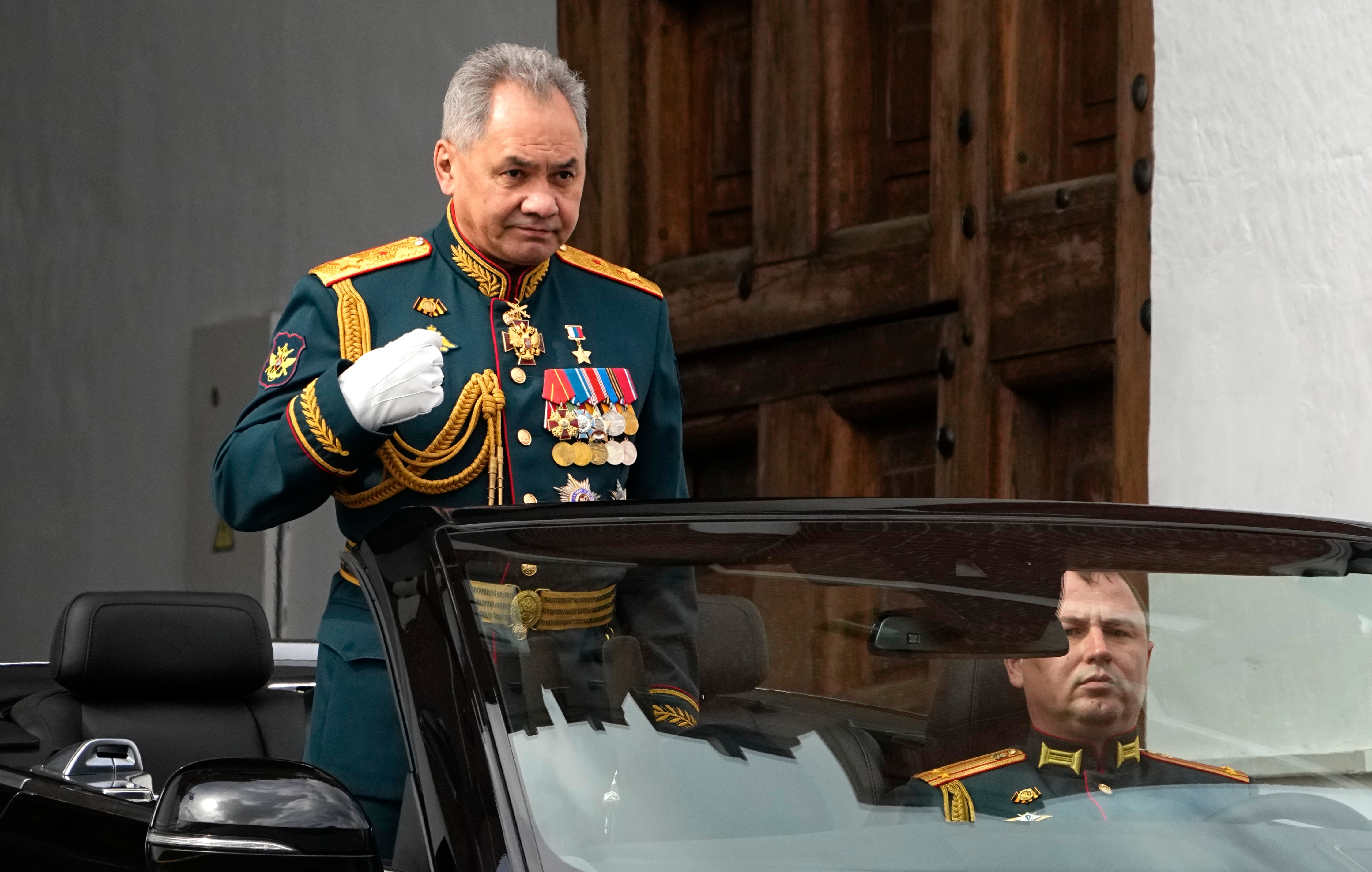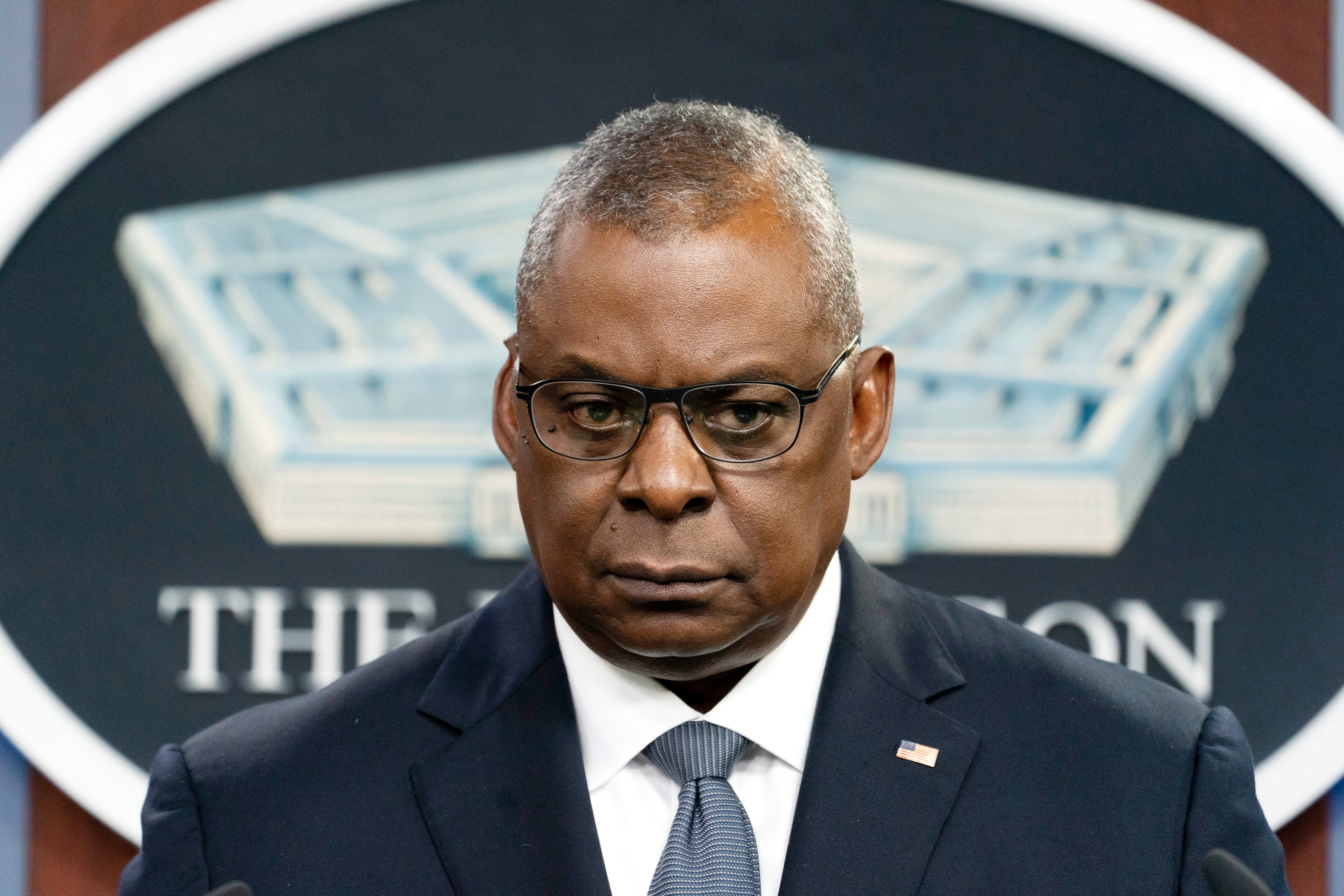Secretary of Defense Lloyd Austin spoke with Russian Minister of Defense Sergey Shoigu on Friday after months of radio silence between the two countries’ military leaders, which the Pentagon has sought to end.
During the call, Austin discussed the potential for a ceasefire and emphasized his desire to keep talking with his Russian counterpart, according to the Pentagon. It was the first time Austin and Shoigu had spoken since Russia invaded Ukraine on Feb. 24.
Austin requested the call, which lasted about an hour, a senior defense official told reporters Friday.
“Both leaders had a chance to talk back and forth with one another, but I’m not going to get anymore into the content of it,” the senior defense official said. “I won’t speak for the Russians, but I think generally our takeaway was that our message was received with respect to keeping the lines [of communication] open.”
Austin believed it was important to make the call, but “the call itself didn’t specifically solve any acute issues or lead to a direct change in what the Russians are doing and what they’re saying,” the senior defense official added.

The hour-long discussion between Austin and Shoigu comes after months passed in which Russian leaders avoided phone calls.
Pentagon spokesman John Kirby said in late March that Shoigu and Russian Chief of the General Staff Valery Gerasimov had “so far declined to engage” with their U.S. counterparts, despite attempts made by Austin and Chairman of the Joint Chiefs Gen. Mark Milley.
However, U.S. National Security Advisor Jake Sullivan did speak with Secretary of the Russian Security Council Gen. Nikolay Patrushev in mid-March.
Details of that call were not provided, other than a brief statement noting the U.S. commitment to continue imposing costs on Russia and reinforcing NATO’s eastern borders.
Kyle Rempfer was an editor and reporter who has covered combat operations, criminal cases, foreign military assistance and training accidents. Before entering journalism, Kyle served in U.S. Air Force Special Tactics and deployed in 2014 to Paktika Province, Afghanistan, and Baghdad, Iraq.




